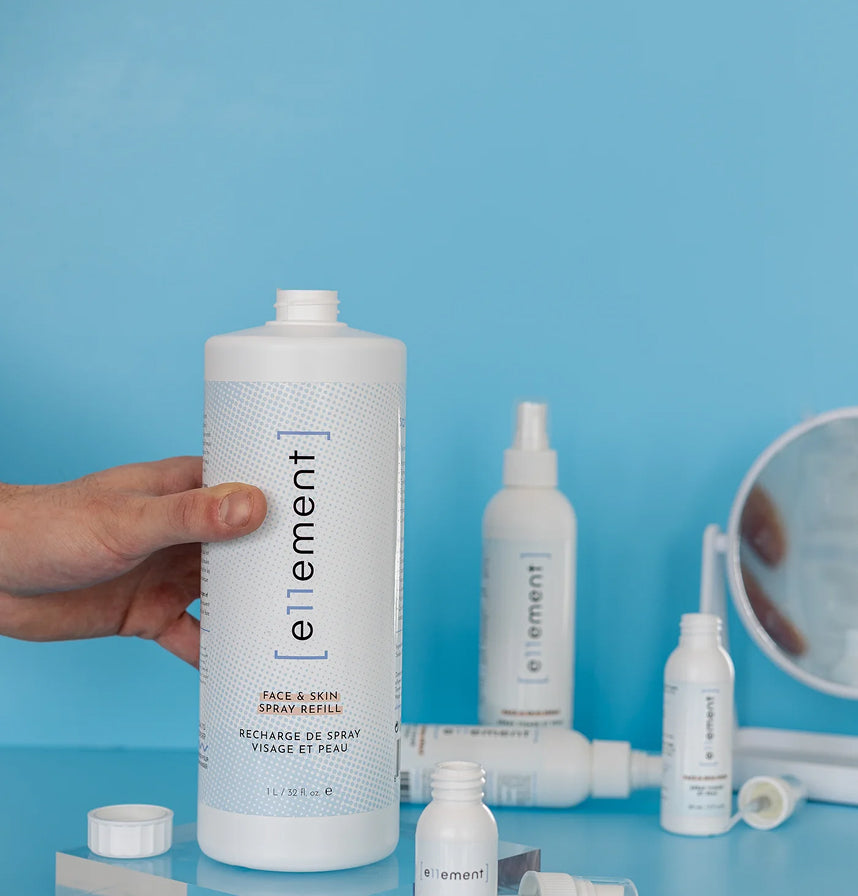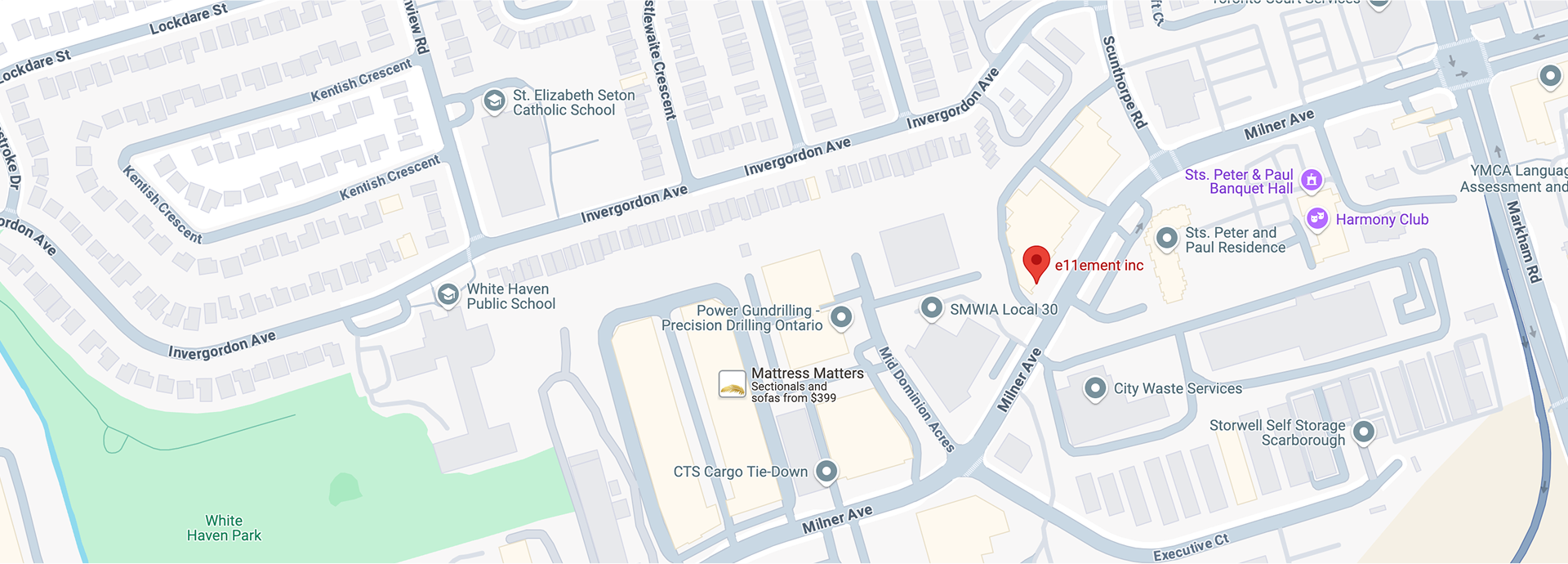Hypochlorous acid (HOCl) is a naturally occurring substance in the human body, playing a crucial role in the immune system. It is produced by white blood cells and serves as a potent antimicrobial agent, helping to fight off infections and heal wounds. In recent years, hypochlorous acid has gained attention in the skincare industry, particularly for its efficacy in treating acne.
Hypochlorous acid is a weak acid with strong oxidizing properties. It works by disrupting the cell walls of bacteria, viruses, and other pathogens, effectively killing them. Unlike traditional antibacterial treatments, HOCl is non-toxic and non-irritating, making it suitable for all skin types, including sensitive skin.

Hypochlorous Acid for Acne: How It Works
Anti-inflammatory Properties
One of the primary benefits of hypochlorous acid for acne is its anti-inflammatory properties. Acne is often accompanied by redness, swelling, and irritation, all of which can be reduced by HOCl. By calming the skin and reducing inflammation, hypochlorous acid helps to alleviate the discomfort associated with acne.
Antimicrobial Action
Hypochlorous acid is highly effective against the bacteria that cause acne, such as Propionibacterium acnes (P. acnes). By eliminating these bacteria, HOCl helps to prevent the formation of new acne lesions and promotes the healing of existing ones.
Promotes Skin Healing
In addition to its antimicrobial and anti-inflammatory properties, hypochlorous acid also promotes skin healing. It stimulates the production of collagen and elastin, which are essential for repairing damaged skin and maintaining its elasticity. This makes HOCl a valuable addition to any acne treatment regimen, as it not only clears the skin but also helps to restore its health and vitality.
Benefits of Using Hypochlorous Acid for Acne
Gentle and Non-Irritating
Unlike many conventional acne treatments that can be harsh and drying, hypochlorous acid is gentle on the skin. It does not strip the skin of its natural oils or cause excessive dryness, making it a suitable option for individuals with sensitive skin or those who have experienced irritation from other acne treatments.
Suitable for All Skin Types
Hypochlorous acid is suitable for all skin types, including oily, dry, and combination skin. Its non-irritating nature and broad-spectrum antimicrobial action make it an ideal choice for individuals with diverse skincare needs.
Versatile Application
Hypochlorous acid can be used in various forms, including sprays, gels, and cleansers. This versatility allows individuals to incorporate HOCl into their skincare routine in a way that best suits their preferences and lifestyle.
How to Use Hypochlorous Acid for Acne
Cleansing
One of the simplest ways to incorporate hypochlorous acid into your skincare routine is by using a HOCl-based cleanser. These cleansers help to remove dirt, oil, and impurities from the skin while delivering the benefits of hypochlorous acid.
Toning
After cleansing, a hypochlorous acid toner can be applied to the skin. This helps to further cleanse the skin, remove any remaining impurities, and provide an additional dose of HOCl to combat acne-causing bacteria.
Spot Treatment
For targeted acne treatment, hypochlorous acid can be used as a spot treatment. Applying HOCl directly to acne lesions can help to reduce inflammation, kill bacteria, and promote healing.
Incorporating into Daily Skincare Routine
For best results, hypochlorous acid should be incorporated into your daily skincare routine. Regular use of HOCl-based products can help to maintain clear skin, prevent new breakouts, and promote overall skin health.
Conclusion
we have explored the science behind hypochlorous acid and its role in acne treatment. We have seen how its anti-inflammatory, antimicrobial, and healing properties make it a valuable addition to any skincare routine. we will delve deeper into the practical aspects of using hypochlorous acid for acne, including product recommendations, usage tips, and real-life success stories.























